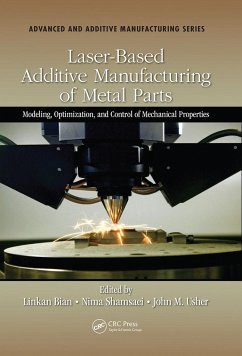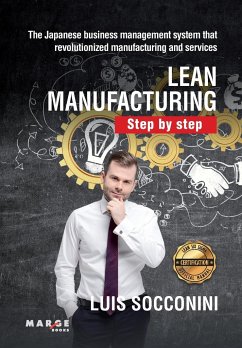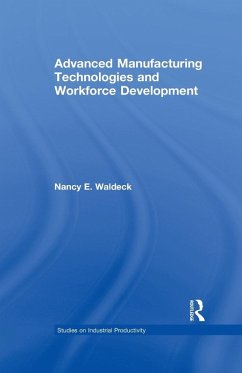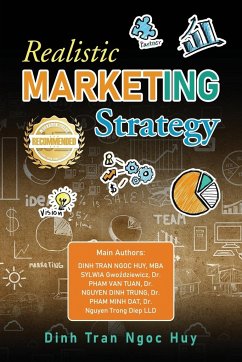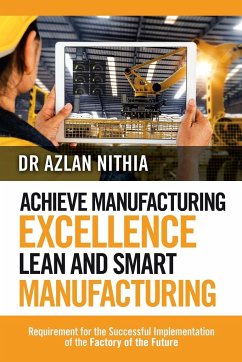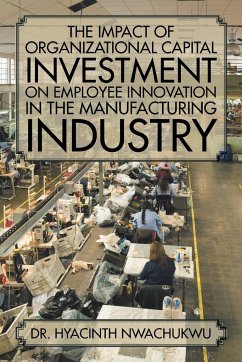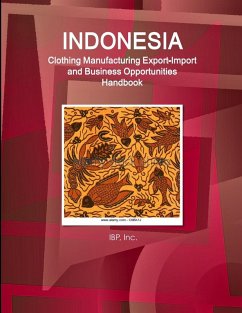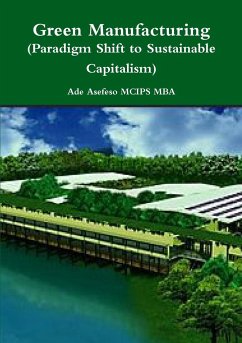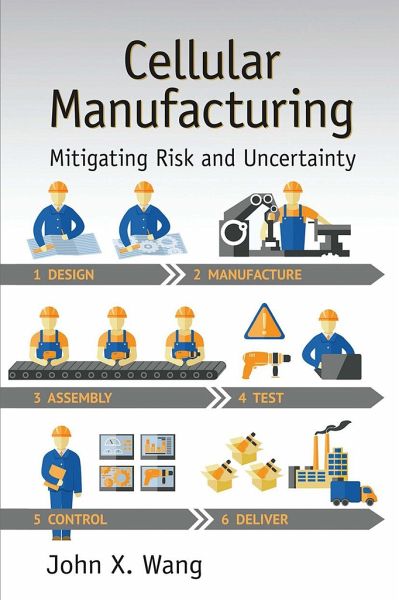
Cellular Manufacturing
Mitigating Risk and Uncertainty
Versandkostenfrei!
Versandfertig in 1-2 Wochen
61,99 €
inkl. MwSt.
Weitere Ausgaben:

PAYBACK Punkte
31 °P sammeln!
In today's business world, competitiveness defines the industrial leading edge. Organizations and businesses of all sizes are adopting Lean manufacturing practices to increase efficiency and address worries about their bottom lines. In a detailed review of this staple of Lean manufacturing, Cellular Manufacturing: Mitigating Risk and Uncertainty outlines how cellular manufacturing can do just that. It demonstrates how this approach can help you and your teams build a variety of products with as little waste as possible. The book begins by presenting a survey of the current state of existing me...
In today's business world, competitiveness defines the industrial leading edge. Organizations and businesses of all sizes are adopting Lean manufacturing practices to increase efficiency and address worries about their bottom lines. In a detailed review of this staple of Lean manufacturing, Cellular Manufacturing: Mitigating Risk and Uncertainty outlines how cellular manufacturing can do just that. It demonstrates how this approach can help you and your teams build a variety of products with as little waste as possible. The book begins by presenting a survey of the current state of existing methods that can best be used in the handling of the bottleneck machines and parts problem, which results from the cellular manufacturing system design. It then explores how decision making under risk is used to help the designer select the best cell arrangement in case of probabilistic production volume and maximize the profit imposed by resource capacity constraints. The author then presents a method for the system design of a manufacturing cell that aims for profit maximization over a certain period of time. He also discusses robust design, illustrated with a real application. Put simply, cellular manufacturing integrates machinery and a small team of staff, directed by a team leader, so all the work on a product or part can be accomplished in the same cell eliminating resources that do not add value to the product. A concise yet unique reference, this book incorporates decision making under risk into cellular manufacturing. The text makes the link that ties cellular manufacturing to the bottom line. It helps you recognize savings opportunities from elimination of downtime between operations, decreased material handling costs, decreased work-in-progress inventory and associated costs, reduced opportunity for handling errors, decreased downtime spent waiting for supplies or materials, and reduced losses from defective or obsolete products.





